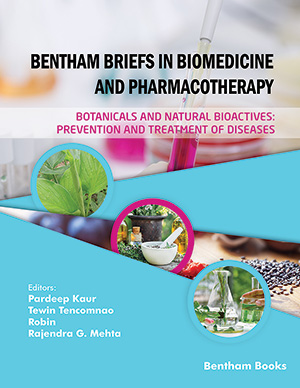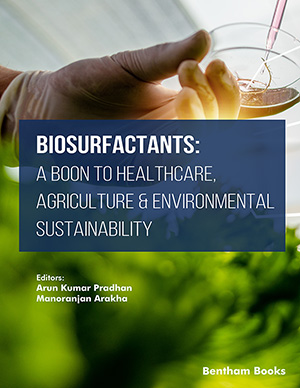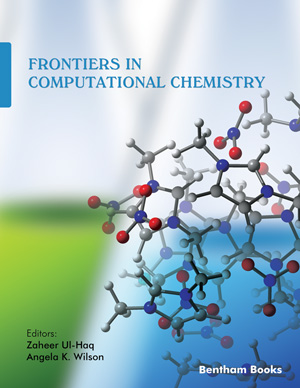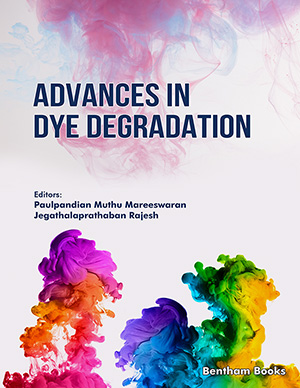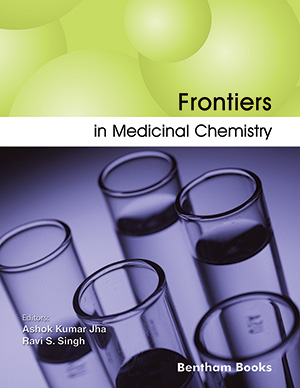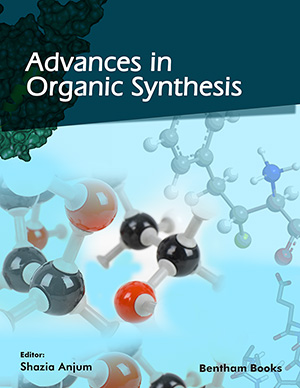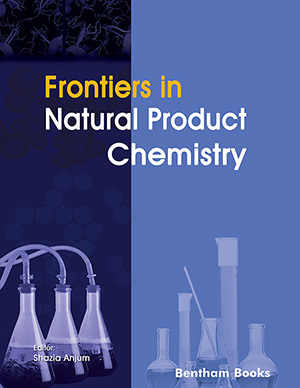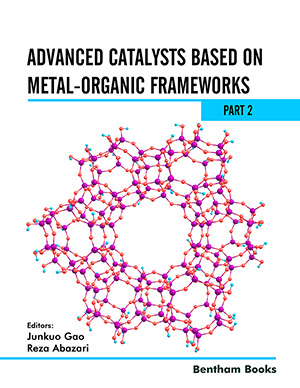Abstract
The rapidity and high-throughput nature of in silico technologies make them advantageous for predicting the properties of a large array of substances. In silico approaches can be used for compounds intended for synthesis at the beginning of drug development when there is either no or very little compound available. In silico approaches can be used for impurities or degradation products. Quantifying drugs and related substances (RS) with pharmaceutical drug analysis (PDA) can also improve drug discovery (DD) by providing additional avenues to pursue. Potential future applications of PDA include combining it with other methods to make insilico predictions about drugs and RS. One possible outcome of this is a determination of the drug potential of nontoxic RS. ADME estimation, QSAR research, molecular docking, bioactivity prediction, and toxicity testing all involve impurity profiling. Before committing to DD, RS with minimal toxicity can be utilised in silico. The efficacy of molecular docking in getting a medication to market is still debated despite its refinement and improvement. Biomedical labs and pharmaceutical companies were hesitant to adopt molecular docking algorithms for drug screening despite their decades of development and improvement. Despite the widespread use of "force fields" to represent the energy exerted within and between molecules, it has been impossible to reliably predict or compute the binding affinities between proteins and potential binding medications.
Keywords: Toxicity, bioinformatics, experimental modeling, drug discovery, molecule discovery, ADME-Tox.

















